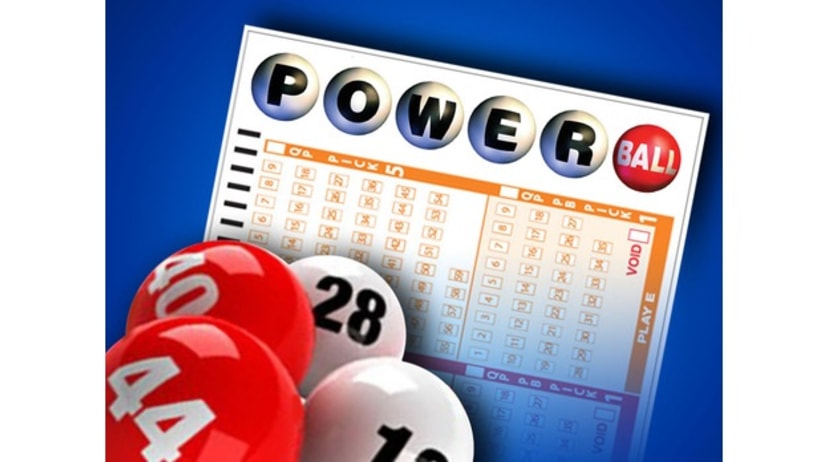Oasis Songs: Musings from Rav D
Friday, January 15, 2016 – 5 Shevat, 5776
Tuesday night, a lot of Americans watched President Obama’s last State of the Union speech. The audience was figured at just over 31 million viewers. On Wednesday night, a lot more people were gathered by the keyboard or television, checking to see if they had won $1.5 billion dollars in the record Powerball lottery. We tuned into both broadcasts. The webpage for the lottery was overloaded with requests. For ten minutes, Laura kept reloading the page. I went into the other room to get something, and on the way, wondered, “What would I do if I won 1.5 billion?” Immediately, I was struck with a wave of competitive philanthropy. Yes, competitive philanthropy–take on the big guns of giving. And, not surprisingly, my second fantasy was to give the largest single gift of all time to a synagogue.

Dreams
What would happen if a major American synagogue such as ours suddenly had sufficient funds so that we weren’t deeply focused on ensuring operational overhead was covered? What if the necessary budget items–our youth and adult education, salaries and maintenance could be assumed? What if we could free ourselves from the burden of the necessary? What if we could lower or remove the bar to participation? What if we could apply technology and data in ways no synagogue has been equipped to do? What new insights would we gain? What if we could bring Shabbat to every shut-in and every millenial in the most appropriate ways? While this may not be the space to outline specifics, I have a lot of dreams running about in my head.
Nightmares
Would there be a darker side to this sort of largesse? Would we end up like the story told of a small outpost Jewish community deep in the Pale of Settlement? There, ten Orthodox families pulled together to preserve their traditions in the heart of winter. No matter the snow fall, or the stabbing wind, the ten men would button their threadbare coats, pull a hat tight on their heads, and hustle to the morning minyan. Everyday without fail. One day a letter arrived, and with it, new excitement. An eleventh family was moving to their village. They were greeted with tremendous warmth and celebration. Everyone gathered, ate, celebrated and told their stories. Such a happy mood permeated the simple walls of their shul.
The next day, the sexton clacked on each door to announce the shacharit prayers. He opened the shul, and waited. When it was time to recite the barkhu (for which a minyan of ten is required), only 4 people were in attendance. It was the first time anyone could remember their town ever failing to assemble a minyan. But then it was the first day when people thought that it was somebody else’s responsibility.
Consolation
When the lottery website finally cleared, we discovered that instead of possessing a winning ticket, we had gained another bookmark. Currently, the now worthless ticket is stuck in my chumash, marking Bo, the parshah of the week. There are many forms of redemption, as the Torah reading reminds us, and money is but one means by which we can change our lives and those around us.
But as we lamented our bad luck with the lottery, I suddenly knew what I had to do. I dusted off an old, neglected bottle and poured my mother and me a dram and we toasted our many blessings.
Here’s the backstory to that bottle. Back in 2004 or so, Rabbi Bradley Greenstein and I took a trip to the Russian far east. There we had the privilege to train 60 Russian youth, ages twelve to twenty two as they became b’nei mitzvah. Like too many Jews who suffered from the Soviet era ban on religion, they had little exposure to their Judaism.
During our time there, we were treated to a tour of the neighboring vicinity, including Birobidzhan, the Jewish Autonomous district where Stalin once forced Jews to reside. There in a corner liquor store, I saw it. A small bottle. On its blue label, there was a picture of a poshet yad, a beggar with an outstretched arm. I asked my guide to translate the label. “Oh that,” he said. “That brand is ‘Poor Jew Vodka.'”
Blessed is the winning ticket in the hands of a righteous winner.
Blessed is the one who feels abundant enough to share with joy.
Blessed are those who keep our synagogue community strong.
What sort of dreams for Jewish life would you like to see here in Portland if money were no object? Let me know. Send me a note.
L’chayim, my friends, l’chayim!



